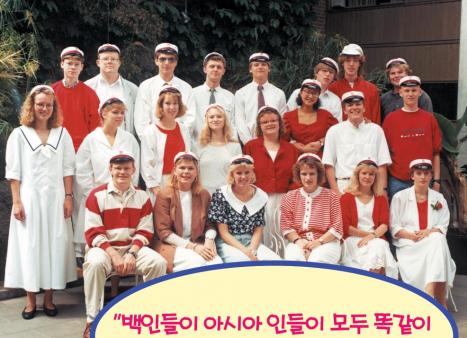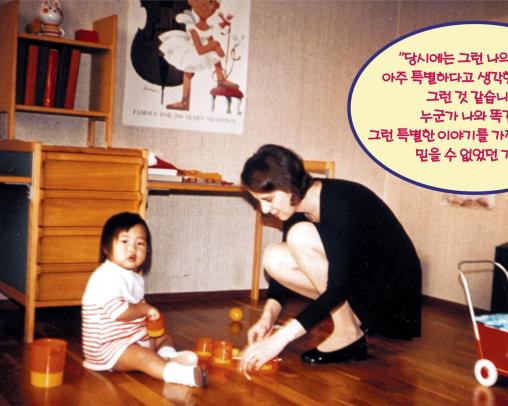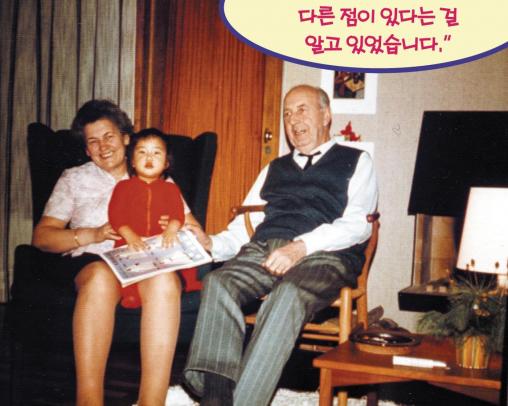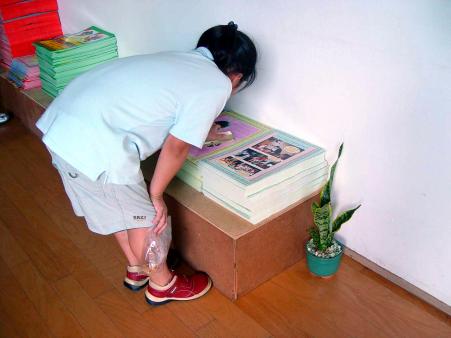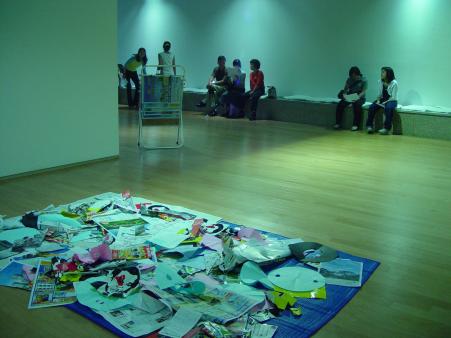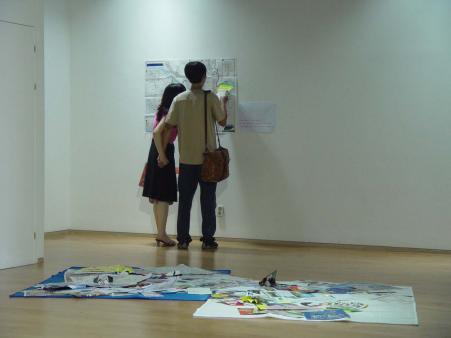This is not a loveletter
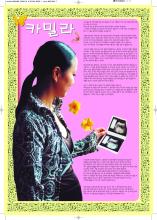
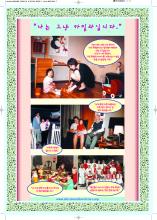 Flyer Project Seoul Curated by Binna Choi - Maronnier Art Center, Thursday 5 - Sunday 22 August 2004
Flyer Project Seoul Curated by Binna Choi - Maronnier Art Center, Thursday 5 - Sunday 22 August 2004
For this project, twelve visual artists and designers each created a flyer design to be randomly inserted into daily newspapers. In Korea flyers are a highly popular medium for commercial advertising. The flyer is popular among advertisers but notorious among readers. However artistic and appealing they seem in nature and design, when they are delivered, Trojan horse-like, they are perceived as deceitful and intrusive. What is more: there are simply too many of them. This very love-hate relationship brought artists and designers together who read flyers as rich texts for the urban situation and its rich social cultural content. Eight flyers were designed, using all different sorts of visual rhetoric. The flyer, when it is not immediately discarded, may possibly trigger a critical view of reality in the attentive reader (one in five hundred on average) that generates interaction and encounters. Like a love letter, the flyer is sent carefully and secretly; perhaps some reader will sense the essential pleasure it captures.
Among the participating artists were Haegue Yang, Yangachi, Manuel Raeder, Iratxe Jaio and Klaas van Gorkum, Joeng Hwa Choi, Pidgin Girok, Flatmess, Min Choi and Sulki Choi.
Researching flyers in Seoul, recruitment flyers of kindergarten and the iconic picture of family in many flyers were for Iratxe Jaio and Klaas van Gorkum a place which represents Korean's idealistic conception of education and family. With their flyer, they intended to contrast this with another side of Korean society. They loaded the format of the recruitment flyer with a monologue of Camilla who was adopted from Korea by a Danish family and currently pregnant along with the photos from her family album since she came to live in Denmark. As the photos distinguish her clearly from the white people that surround her, the monologues gradually reveal the way her identity is formed and its conflicts which even she herself has not been conscious of. This becomes clear in the way that the text doesn't mention the word "adoption" and that she disavows any relation to Korea or being Asian and keeps on affirming herself as Danish. Without any moral judgment or emotional exposure of personal life as a tragedy, this flyer raises a critical awareness of a part of our society that is overshadowed by any other media.
